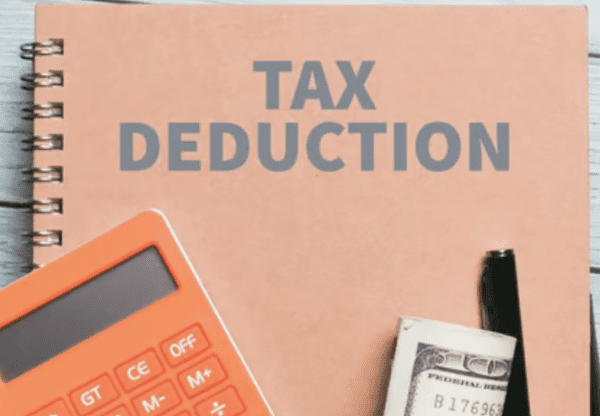 While most closing costs are not tax-deductible, there are a few that may qualify. Helping you identify those opportunities can add real value, giving you the chance to make more informed financial decisions during one of the biggest transactions of your life.
While most closing costs are not tax-deductible, there are a few that may qualify. Helping you identify those opportunities can add real value, giving you the chance to make more informed financial decisions during one of the biggest transactions of your life.